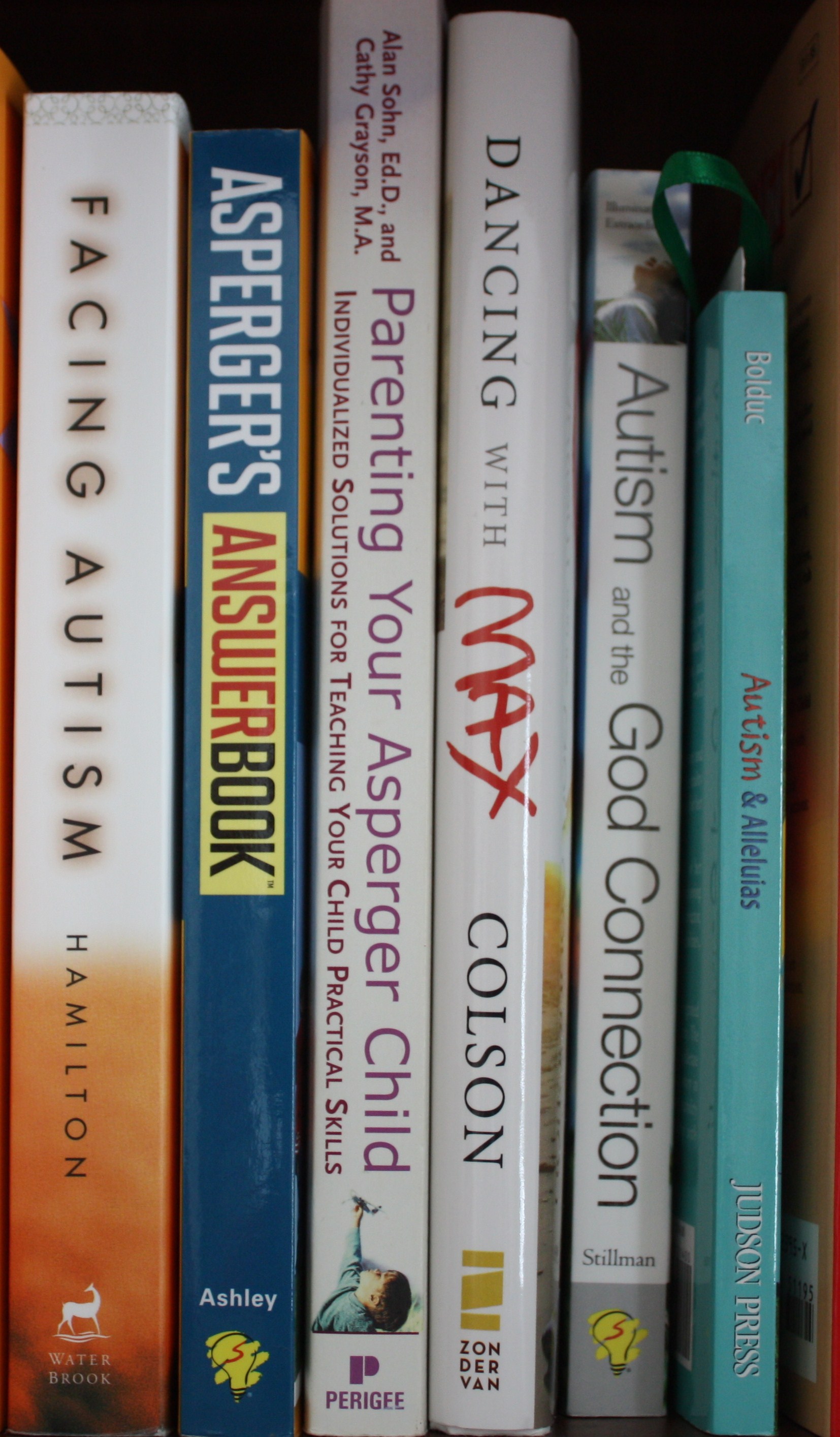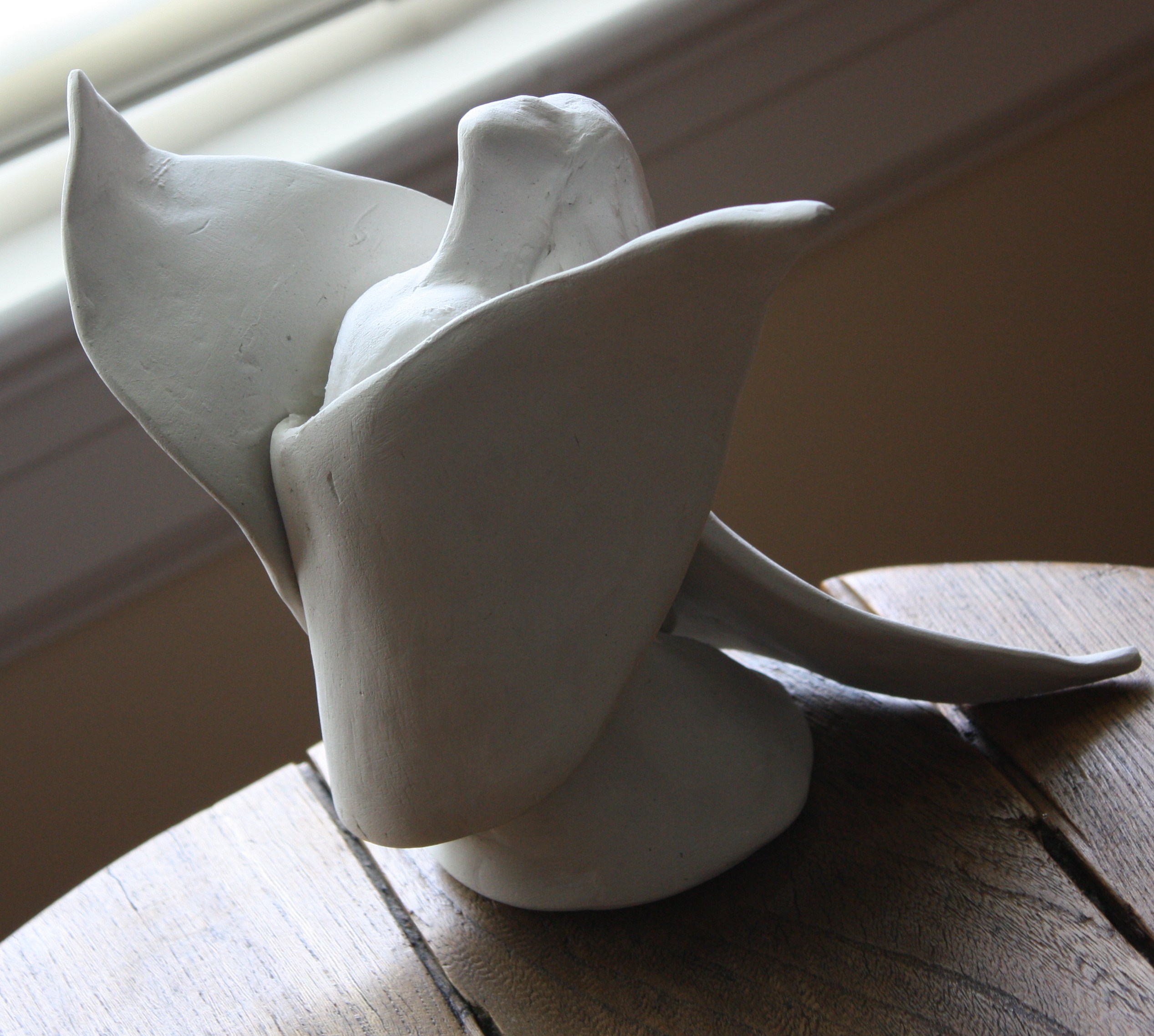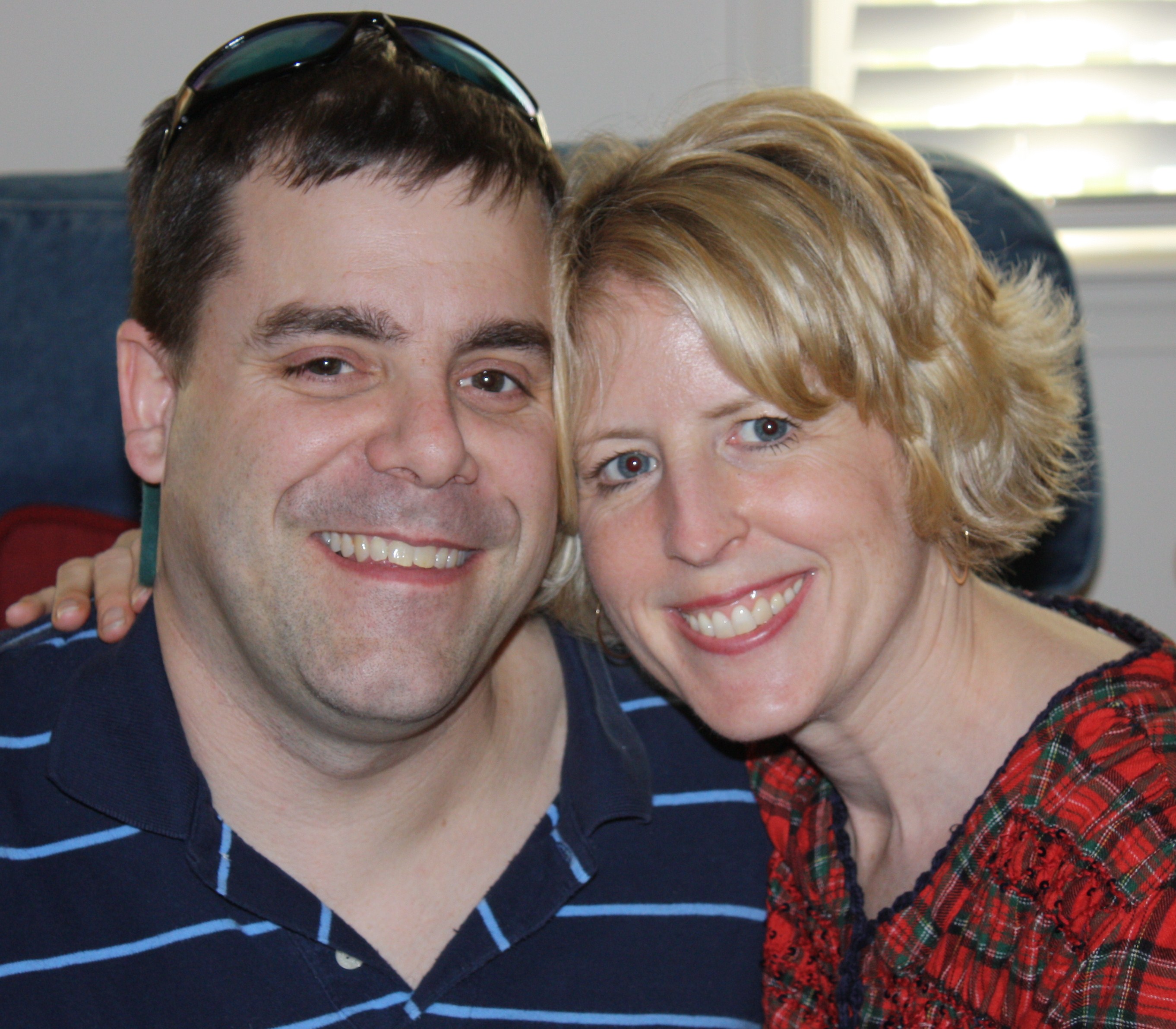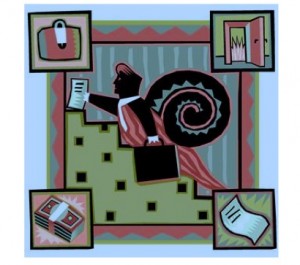“We have met the enemy and they is us.” — Ashleigh Brilliant
We want people to love our creative works, but find critics dislike them. People refuse to look at or listen to or taste our works. Sure, critics are often wrong. But not always.
Here are 4 questions to answer before you react to your discouragement. Your honest answers will make your next creative work soar.
1. Did you focus on how the audience should be, instead of how you should have performed?
When I was a new Children’s leader for Bible Study Fellowship, I wanted to pray for good children’s behavior. The experienced leaders surprised me when they, instead, prayed for leaders’ creativity to handle the behavior problems.
My paradigm shift made all the difference. I focused on learning ways to handle situations, instead of hoping children would be something they aren’t. I worked to create engaging stories and activities appropriate for their age.
The children reacted in positive ways and learned more when I concentrated on how to work with their wants and needs.
 2. Did you offer your work to the wrong audience, instead of to the very ones who would embrace it?
2. Did you offer your work to the wrong audience, instead of to the very ones who would embrace it?
When I entered the world of writing fiction, I thought if I wrote a good story well, everyone would love it. A book on writing book proposals surprised me when it asked: Who is your audience? I answered: The world. Okay, women and some men. But during an editor appointment at a writers’ conference, the editor asked me to define my audience. “Women and some men” fell flat.
My paradigm shift made all the difference. Writing wasn’t about me; it was about readers. I learned about niches. Not every woman loves novels about horses or young love or mid-life crises or murder or prairie life.
I learned reducing the world to the right niche still left scads of readers hungry for stories they adore.
 3. Did you try to own your work, instead of giving it to the people for whom you said you created it?
3. Did you try to own your work, instead of giving it to the people for whom you said you created it?
I dreamed of a Christian library in our community where people could enjoy current Christian resources and fiction. Over a year’s time with the help of others, I worked to create a Christian library at our church. I expected members to check out the work in progress. When few did, I asked my husband why more members weren’t interested. Maybe the work wasn’t worth it. My husband’s answer surprised me. He said only a small percentage of people (about 15% of Americans) read books on a regular basis.
My paradigm shift made all the difference. I had wanted to give readers and teachers a wonderful resource. The library wasn’t mine to hold back from the few who’d use it often and make a difference tapping its resources.
When I stopped worrying about “my work” and made the library the best for readers and Bible teachers, it was a success.
4. Did you compare yourself to your peers, instead of the standard of excellence?
Editors rejected my first books. One reason resulted from my wish to please everyone. I changed sentences in my manuscripts according to critique partners’ and contest judges’ feedback. In two different contests, the feedback from judges surprised me. Twice this happened: one judge disliked a line in my story and another praised that same line.
My paradigm shift made all the difference. I had edited the life out of my stories trying to please everyone.
This understanding allowed me to use feedback wisely and to find my own writing voice to create better stories.
What paradigm shift have you made that improved the quality of your creative work?
[contact-form][contact-field label=’Name’ type=’name’ required=’1’/][contact-field label=’Email’ type=’email’ required=’1’/][contact-field label=’Comment’ type=’textarea’ required=’1’/][/contact-form]
















 RSS - Posts
RSS - Posts